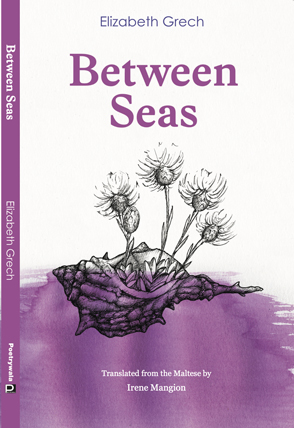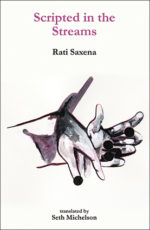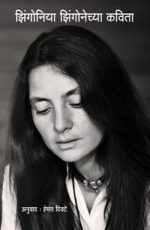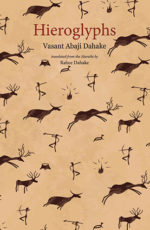| Author | |
|---|---|
| Translated by | |
| Language | |
| Imprint | |
| Publishing Year | |
| Edition | |
| Pages | 92 |
| Binding |
$10
About the Book
Elizabeth Grech’s poems are featherlight and firefly. They are moon and water, star and sky. There is in them such strength that only the elemental can contain. She marks the brutal moments of separation with such candour and delicacy, I marvel at her gift. Love of every hue finds a place here—maternal, filial, fraternal, sensual. Love of her native Malta of blessed seas and sunkissed land; love for lost wildness; never-blind, always-aware that love will break into smithereens, only to be gathered and tested again. Beautifully translated into an English that allows her poems to nestle, shape within shape, sound within sound, a series of small, sensitive unfurlings. Unafraid of evanescence, Grech repairs our mortal hurts. Anyone who has ever loved a child, a woman, a man, a sibling, a parent, a homeland will find in these pages a poet’s tender ministrations.
— SAMPURNA CHATTARJI









